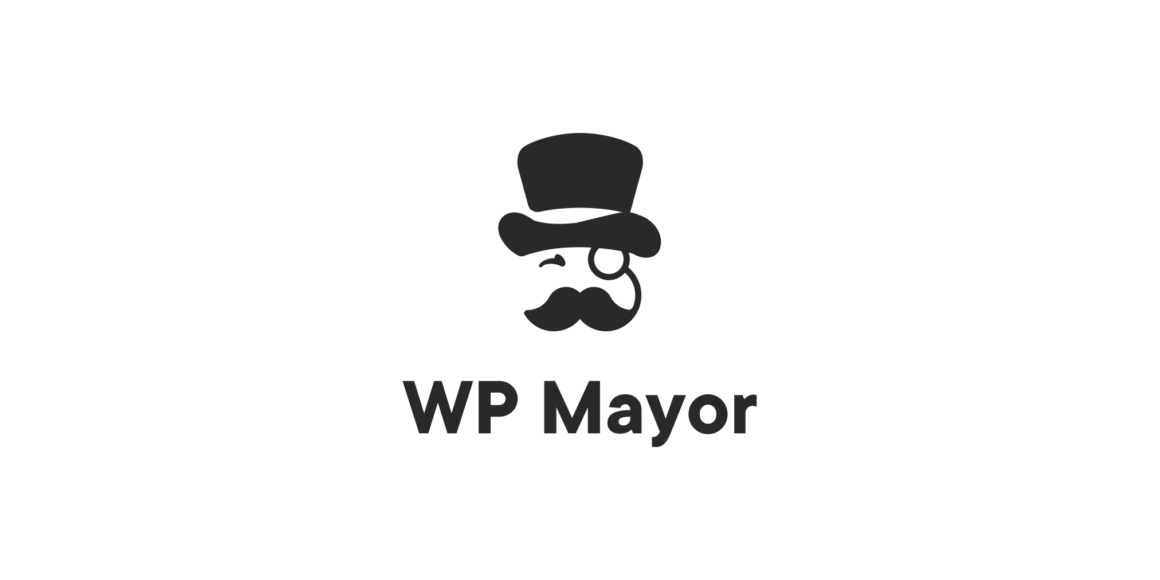Managing events and workshops in my undergrad days was quite an adventure. I still recall the hours I spent struggling with different tools, trying to make the event management smoother. We relied on WordPress to handle our websites and Notion to manage event vendors and speakers.
Getting that data to work seamlessly on WordPress was a real challenge. It involved a lot of manual work, copying, and pasting, and usually ended up causing mistakes or duplicated info. Every new event meant a trade-off between getting the right data or spending endless hours tweaking things. Neither option was ideal, and it was taking a toll on the quality of our events.
But then, I learned about Notion WP Sync, a plugin that integrates with WordPress and Advanced Custom Fields. These tools claimed they could bridge the gap between Notion’s flexibility and WordPress’s power, making event management a breeze. The idea of effortlessly syncing participant data sounded like a dream.
This blog post will explore how I tackled event planning with Notion and WordPress. We will use the following tools:
- Notion – You can start with a free account.
- Advanced Custom Fields – You can start with the free version.
- Notion WP Sync – You must have the Notion WP Sync Pro+ version.
These tools help streamline your event management process, automate data synchronization, and provide a seamless experience for event organizers and attendees. So, let’s dive in and discover how you can take your event sign-ups to the next level!
Setting Up Notion
Within the Notion platform, a database serves as a versatile tool that empowers users to systematically arrange, store, and oversee information. In contrast to conventional textual documents, Notion’s databases offer a more engaging and visual approach to managing data.
These databases can be displayed in diverse formats, including tables, boards (similar to those found in Trello), calendars, galleries, or lists.
To initiate your journey with Notion, it is advisable to establish your data within a table structure. Notion has provided a tutorial on crafting a Notion database if you haven’t done this yet.
The Manage Event Vendors database with the fields shown below was created and used for this study.
Setting Up The Advanced Custom Fields Plugin

ACF allows you to add custom fields to your WordPress edit screens. These custom fields can be used to collect and display more specific information than what is typically allowed by WordPress’s default post editor.
ACF is particularly useful for developers looking to create more complex websites requiring unique data forms.
Before you set up your connection to WordPress, you will need to create the CPT and any fields that will be mapped. Here, you can find tutorials for setting up your CPT and custom fields.

For this article, we created a field group, “Event Vendors,” with the fields “Vendor Name,” “Vendor eMail,” “Vendor URL,” and “Vendor Specialty.”
Connecting Notion to WordPress with Notion WP Sync

Notion WP Sync allows you to connect your Notion workspace to a WordPress website. The main purpose of this tool is to sync content between Notion and your WordPress site so you can create, edit, and manage content on Notion and have it automatically updated on your WordPress website.
You will need to purchase Notion WP Sync Pro+. Notion WP Sync allows mapping fields from Notion to Field Groups set up in WordPress by ACF.
Mapping your database to WordPress
Once you create your connection, you will map the fields in your Notion Database to the ACF custom fields as well as post fields in your WordPress site.

Sync your connection; navigate to the post type setup, and you will see the new content shown.

Displaying your content can be achieved by integrating your fields and data into your site’s templates.
We chose to use the Elementor page builder to create a dynamic template.
Tip: Before you can apply an Elementor Template to a content type, you must select the post type in your Elementor Settings.

Now that you have activated your page builder for your Post Type, you can begin building your templates.

At this point, you’re set up to watch the automation between Notion and WordPress make some magic!
Team members who use Notion to maintain their lists and project information now have a work area that they are comfortable moving around in, while your front information that is relevant for visitors is easily and automatically shown on your WordPress site.
Conclusion
Efficient vendor management is essential for event organizers to ensure a smooth and successful event. You can handle vendor applications, collect relevant information, and organize the data for easy access for later use.
Notion WP Sync and ACF provide event organizers with a streamlined solution for managing vendors and speakers. Event organizers can centralize and automate vendor and speaker management by integrating Notion with WordPress, a popular content management system.
FAQ’s
How can I use Notion to enhance event sign-ups?
Notion WP Sync is a powerful integration that bridges the gap between your WordPress website and Notion workspace. It allows seamless synchronization of event data, enabling you to manage event sign-ups and details in Notion while displaying them on your WordPress site. This integration streamlines event management, enhances data accuracy, and provides a centralized platform for efficient event sign-ups.
Is this integration suitable for both small-scale and large-scale events?
Yes, the synergy between Notion WP Sync and Advanced Custom Fields is adaptable to events of various scales. Whether you’re organizing a small workshop, a medium-sized conference, or a large-scale festival, this integration offers flexibility in designing tailored sign-up forms and managing event-related data. You can customize the ACF fields based on the complexity of your event, ensuring that the registration process aligns with your unique requirements, regardless of event size.
Keep reading the article at WP Mayor. The article was originally written by Osheen Jain on 2023-09-14 07:00:00.
The article was hand-picked and curated for you by the Editorial Team of WP Archives.

